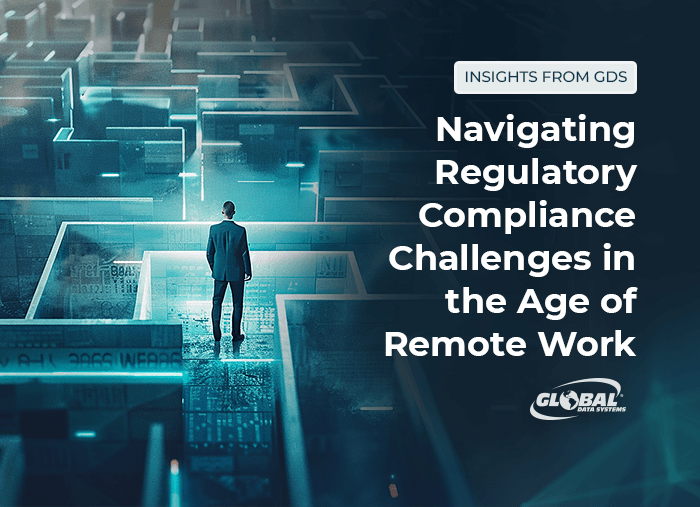In today’s world, understanding and preventing data spillage is a must. Why?
Business IT
Today's business environments are more interconnected than ever before. Choosing the right business IT solutions provider is essential for fostering operational efficiency, ensuring seamless communication, and maintaining a competitive edge. As IT infrastructure forms the backbone of modern enterprises, the right provider can catalyze growth, streamline processes, and fortify cybersecurity protocols.
Although some companies are issuing return-to-office mandates, most acknowledge that remote and hybrid work is here to stay. Fact is, remote work works — studies show that employees are just as productive working remotely. Remote and hybrid work strategies also save organizations money and provide intangible benefits that make employees happier and more engaged.
Partnering with a managed services provider (MSP) makes good business sense, given the complexity of the IT environment and tech talent shortage. More organizations are turning to MSPs to support their technology assets and address growing security threats. MSPs also give customers the flexibility to adapt to new opportunities and changing market conditions.
As we noted in our last post about endpoint security, malicious actors increasingly exploit security vulnerabilities in endpoint devices such as laptops, tablets and smartphones. However, endpoint security has become far more difficult due to the huge numbers of remote and hybrid workers using unsupported devices to access network resources.
Get In Touch
310 Laser Lane
Lafayette, Louisiana 70507
Office Hours: Monday - Friday
8 a.m. - 5p.m.
Contact Us >
24 / 7 / 365 Support
Our dedicated support
staff are available by
phone 24 hours a day.
Phone: 888-435-7986






